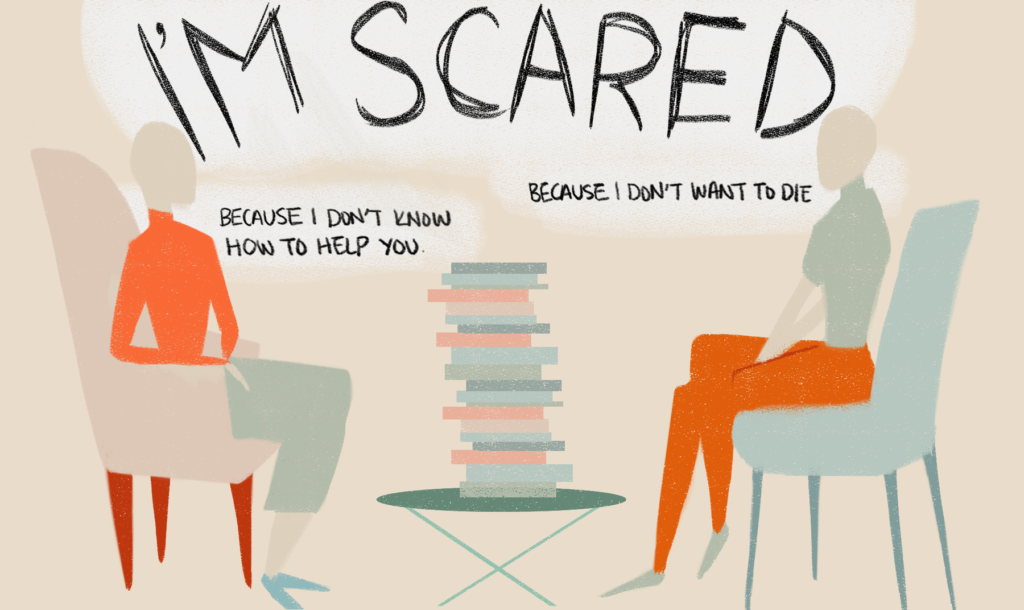Rates for death by suicide are on the rise and sadly, those we turn to for help have little to no formal training to effectively treat suicidal patients. The current state of suicide prevention is well illustrated in the image below.

USA Today recently published two articles that explore the challenges of training mental health professionals in preventing suicide and tips for suicidal people on how to find a qualified mental health professional. CAMS is one of only a few evidence and outcome-based treatments noted by the Joint Commission and included in both the Zero Suicide Toolkit and the CDC’s Preventing Suicide: A Technical Package of Policy, Programs and Practices.
Explore the USA Today articles:
- “We tell suicidal people to go to therapy. So why are therapists rarely trained in suicide?” Read the article
- “How to find a therapist if you’re suicidal” Read the article
The CAMS Framework™ Assessment, Intervention & Treatment is Backed By 30 Years of Ongoing Clinical Research
CAMS-care offers training courses and materials for individuals and organizations:
- The CAMS Framework™ is introduced in Dr. Jobes book, “Managing Suicidal Risk: A Collaborative Approach“. The current edition includes evidence data from decades worth of extensive research and has a greater emphasis on how to implement CAMS in clinical settings.
- CAMS-care offers video training opportunities for addressing malpractice and ethical liability issues when working with suicidal patients, suggestions for how to deal with difficult patients and treating suicidal risk with children and adolescents.
- CAMS consultants provide on-site Role-Play Training for clinicians to use CAMS with patients, Education Days for a broader audience to understand why evidence-based treatments are essential in a system of care, and supervision calls so that clinicians can ask questions when working with suicidal patients.
About CAMS-care
At CAMS-care, we offer suicide assessment and prevention training, consulting, and resources. For more information on CAMS, please contact us.